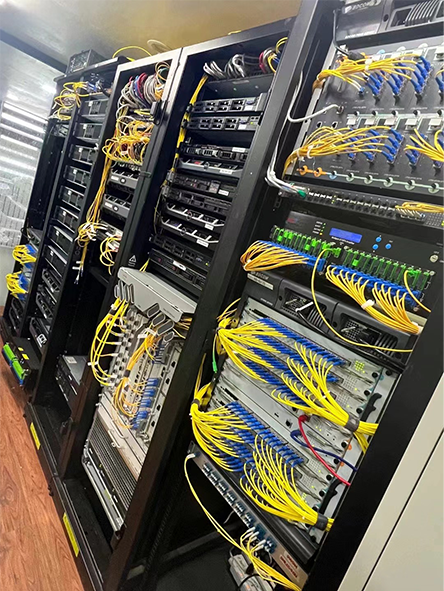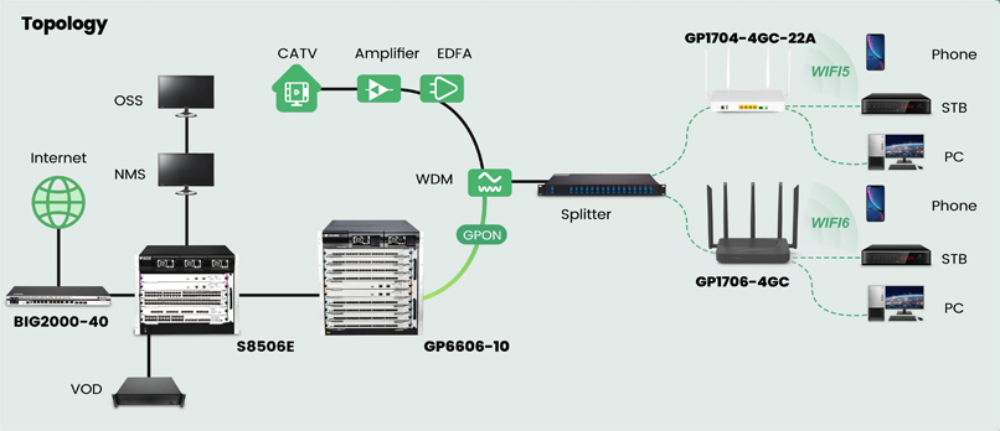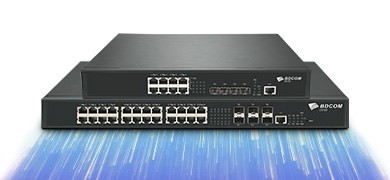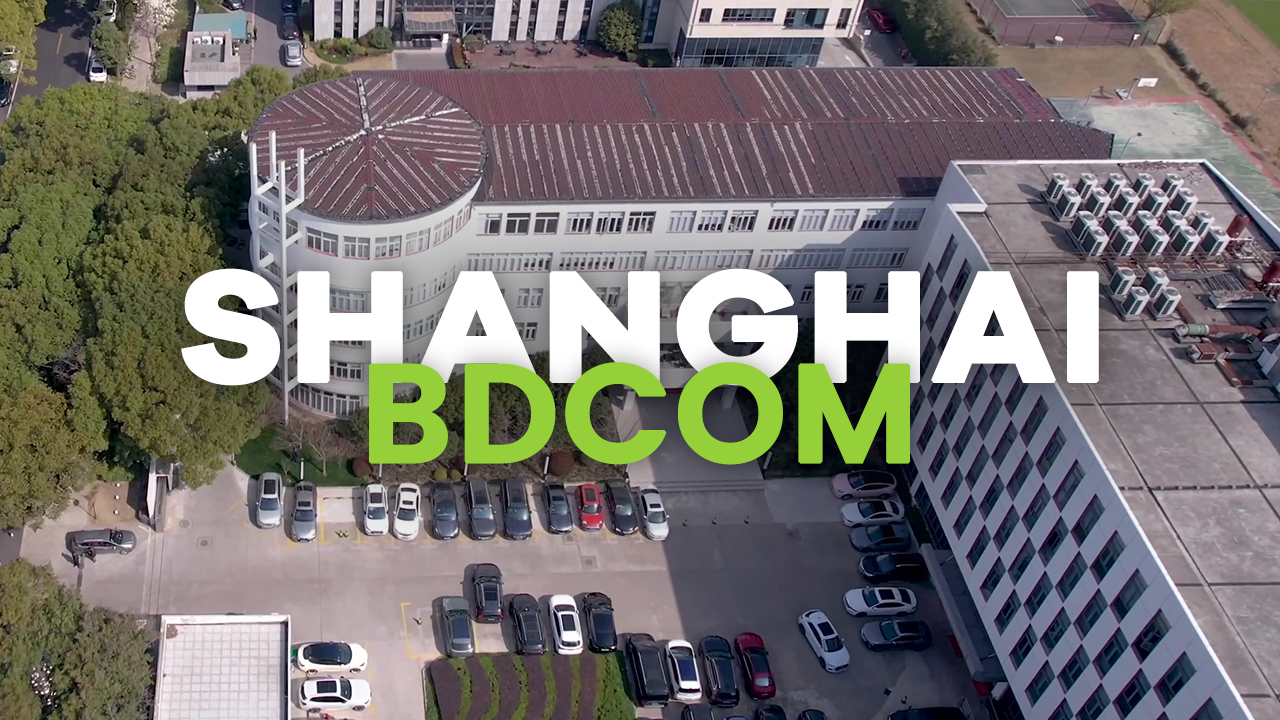Background
DCTV Cable Network, ranked as the third largest telecommunications provider in the Philippines, has been a crucial player in bringing high-speed internet to Filipino households. With the increasing demand for faster and more reliable internet services, DCTV embarked on an ambitious Fiber to the Home (FTTH) project to enhance its network infrastructure and offer superior connectivity.

Objectives
Boost Internet Speed and Reliability: To deliver higher internet speeds and more stable connections, meeting the increasing demand for bandwidth-heavy applications.
Widen Coverage: To expand internet services to underserved and remote regions, reducing the digital divide.
Improve Customer Experience: To offer a seamless and superior internet experience to residential customers.
Challenges
Limited Bandwidth with Existing Infrastructure: The existing cable networks (coaxial cables) were unable to meet the increasing demand for higher bandwidth and faster internet speeds required for modern applications like HD streaming, online gaming, and remote work.
Frequent Service Interruptions: Customers experienced frequent service interruptions and inconsistent internet speeds due to the limitations of the older network infrastructure.
High Maintenance Costs: The older coaxial cable infrastructure required frequent maintenance and repairs, leading to increased operational costs and service downtime.
Customer Dissatisfaction: The limitations of the existing network led to customer dissatisfaction and increased complaints, prompting the need for a more reliable and future-proof solution.
Implementation: To overcome all the challenges DCTV decided to go with BDCOM GPON solution along with RF port ONU to provide both internet and HQ quality video
Conclusion
DCTV's FTTH deployment in the Philippines marks a significant step in the nation's digital transformation journey. By providing faster and more reliable internet connectivity, DCTV not only improved the quality of internet services but also had a profound socio-economic impact. This initiative underscores the critical role of advanced telecommunications infrastructure in fostering national development and digital inclusivity



















































